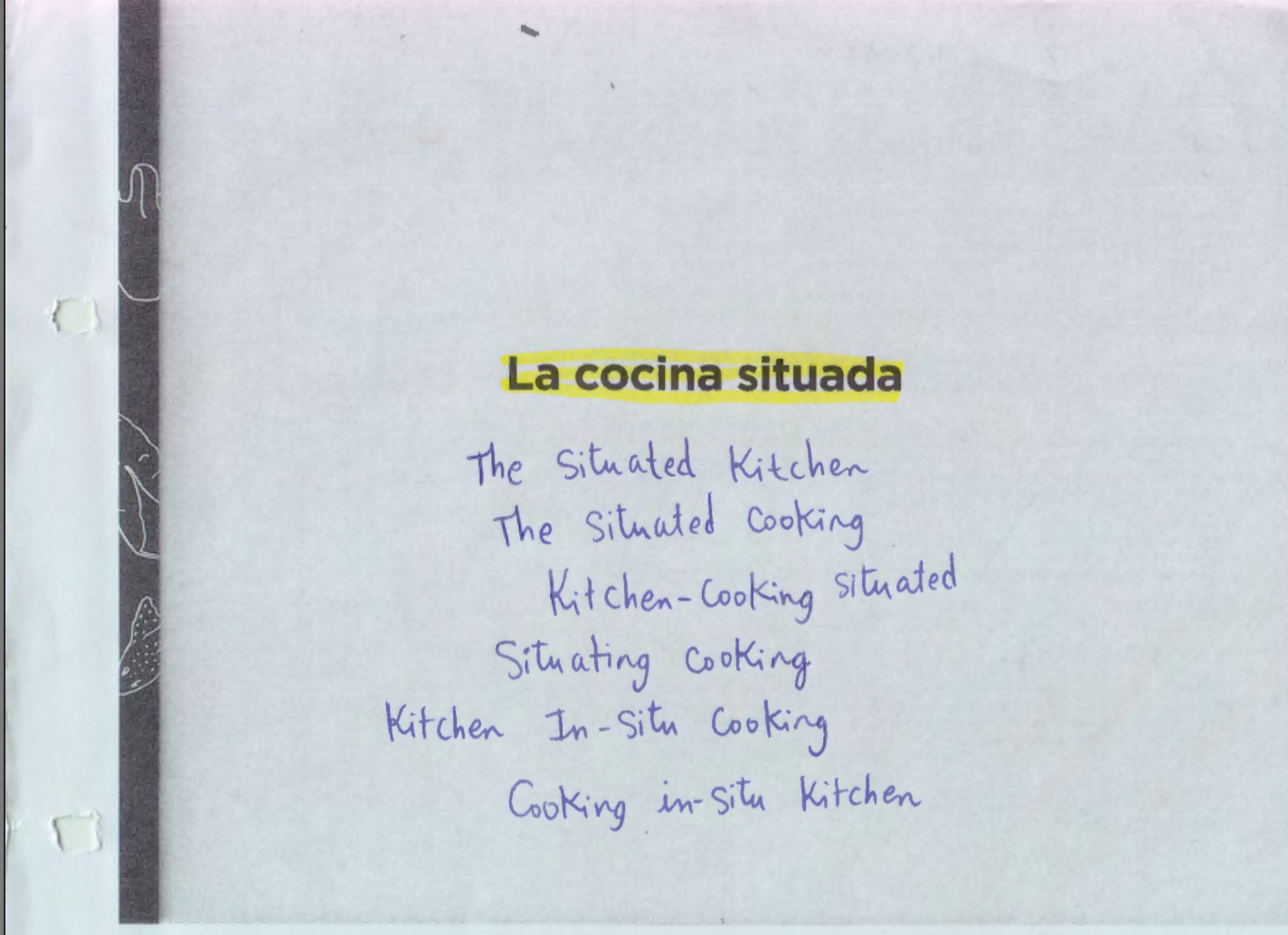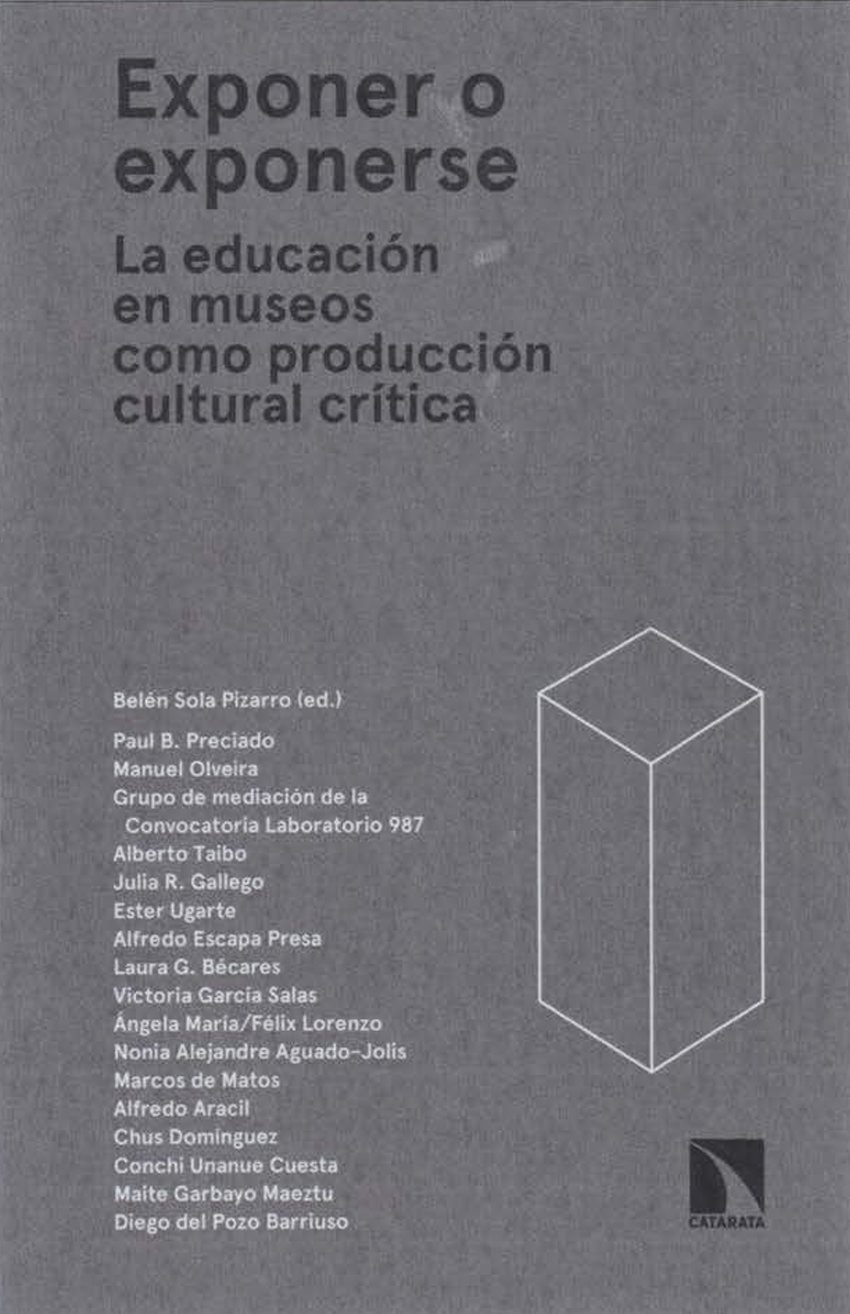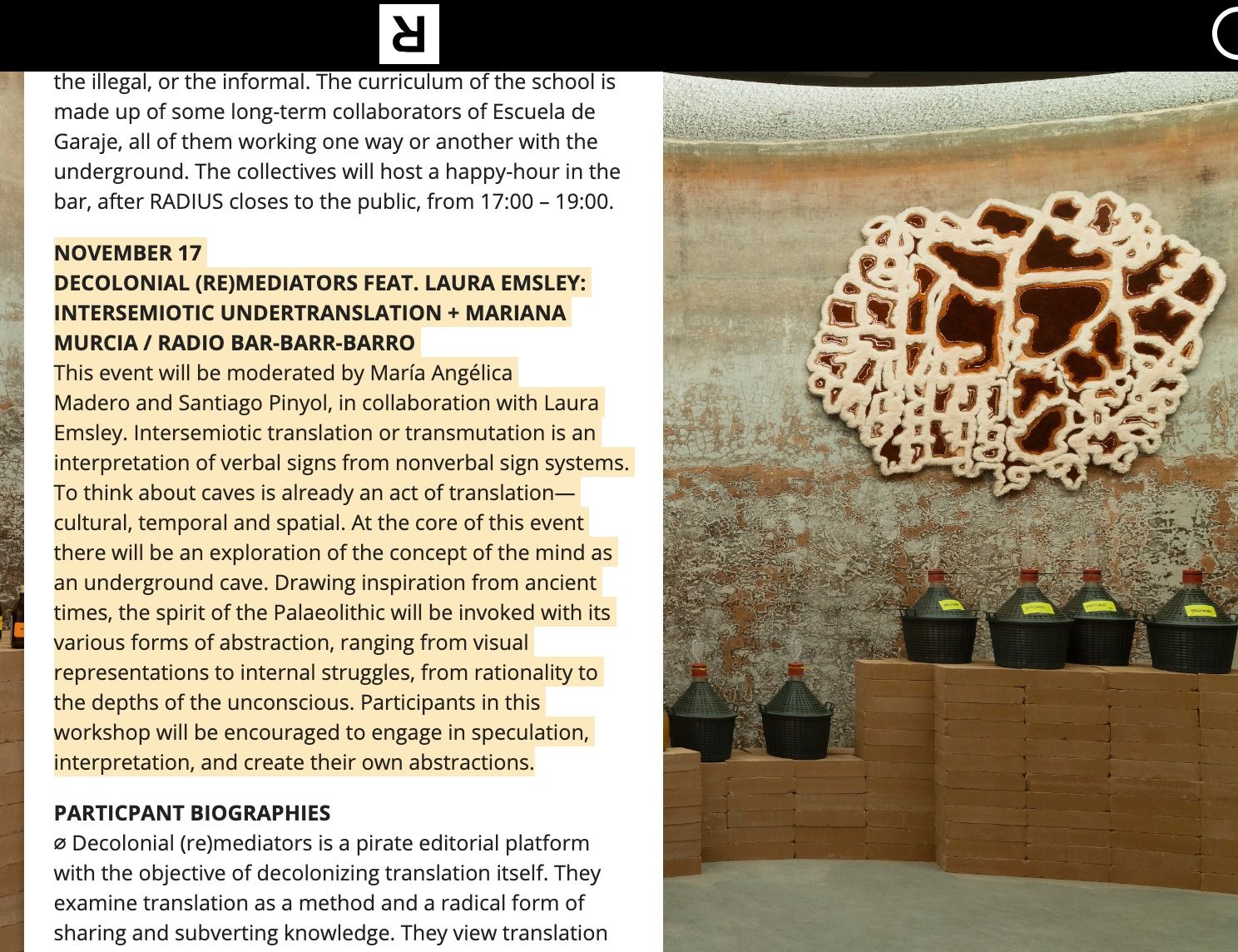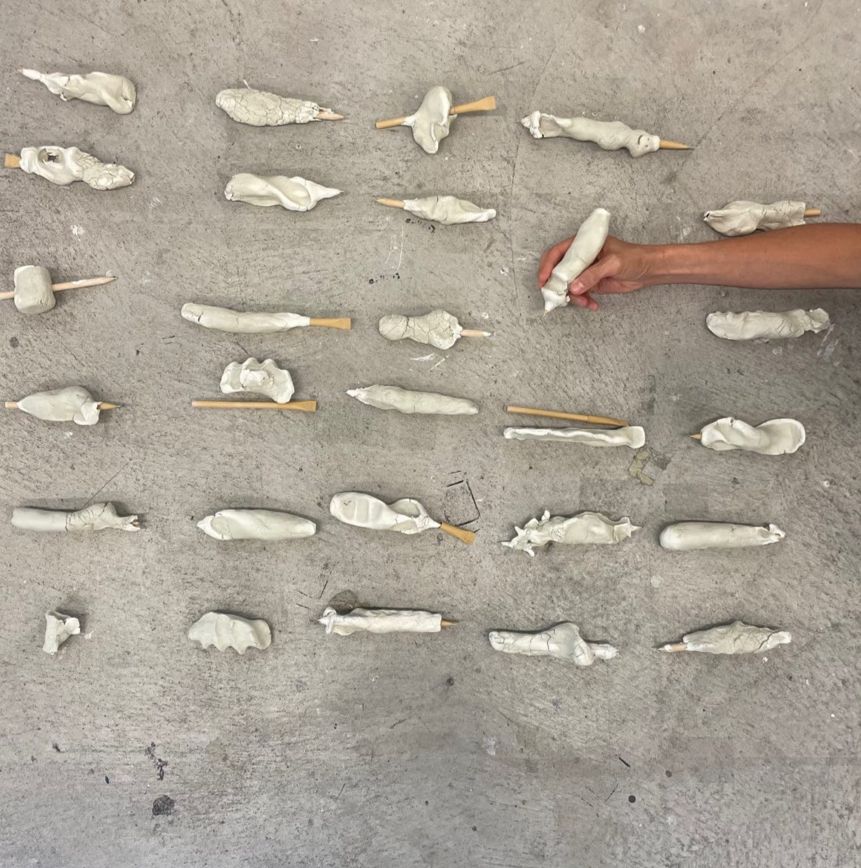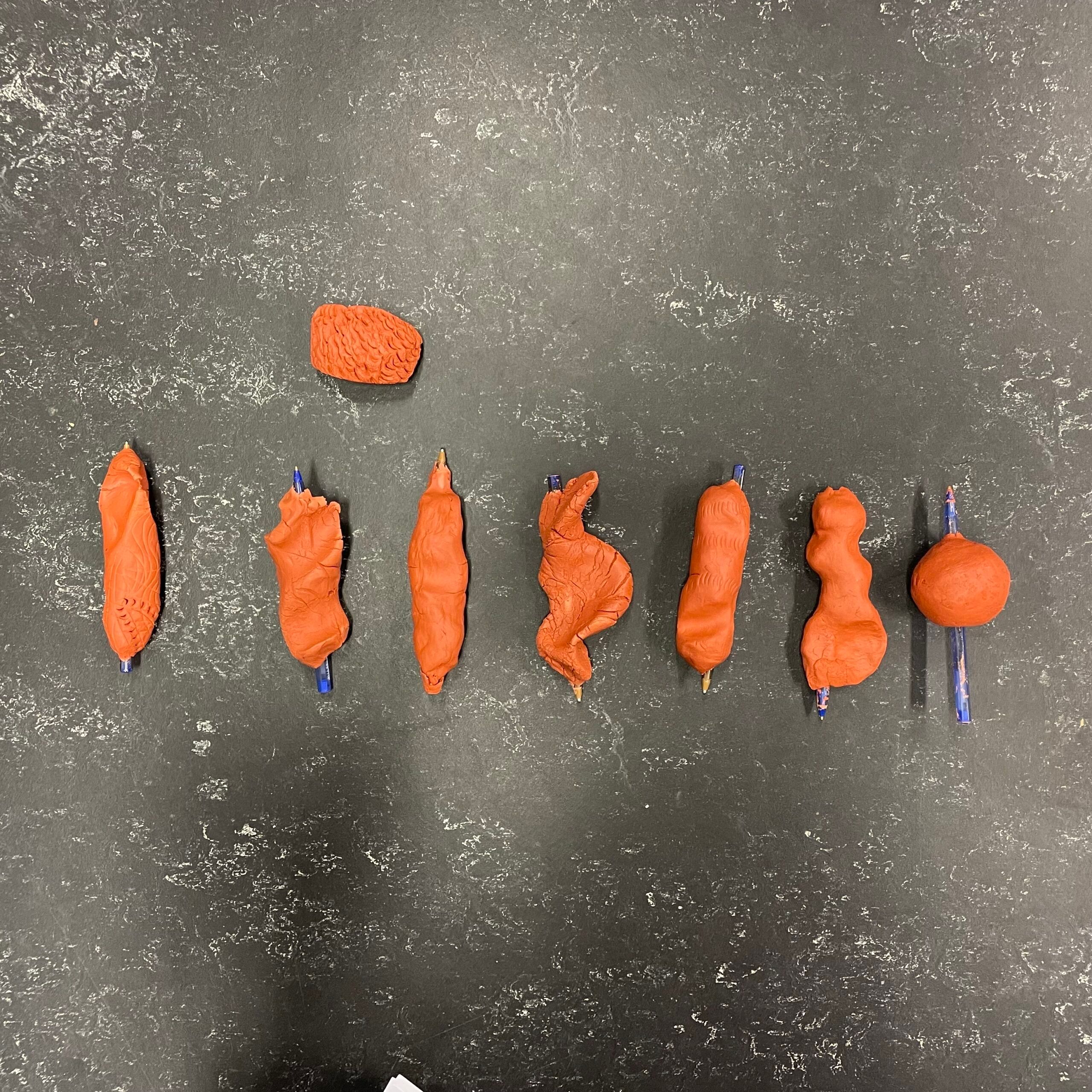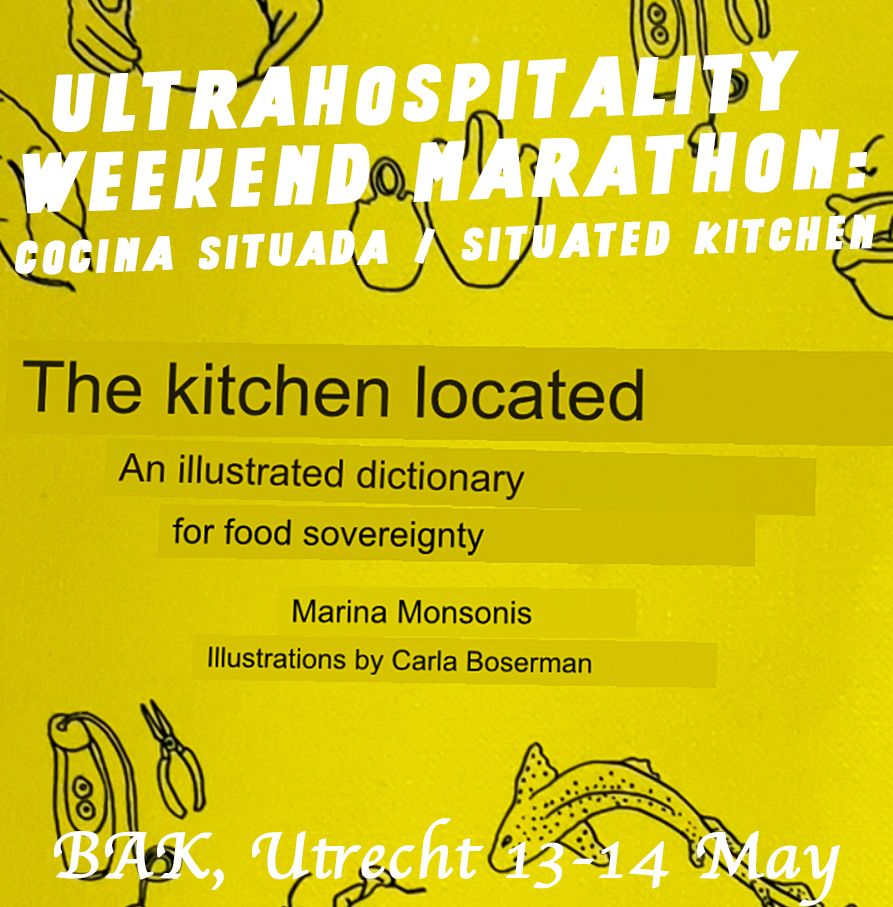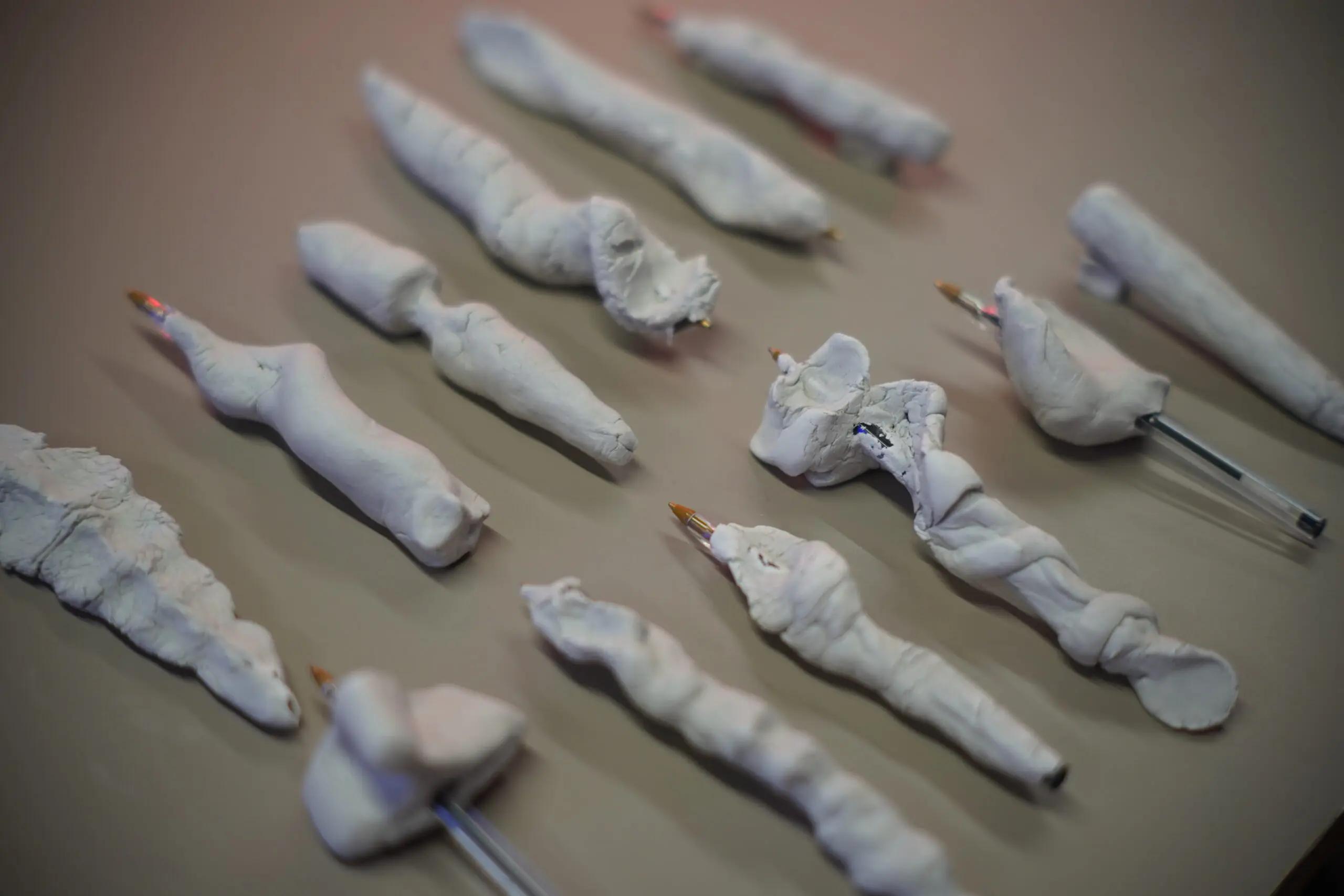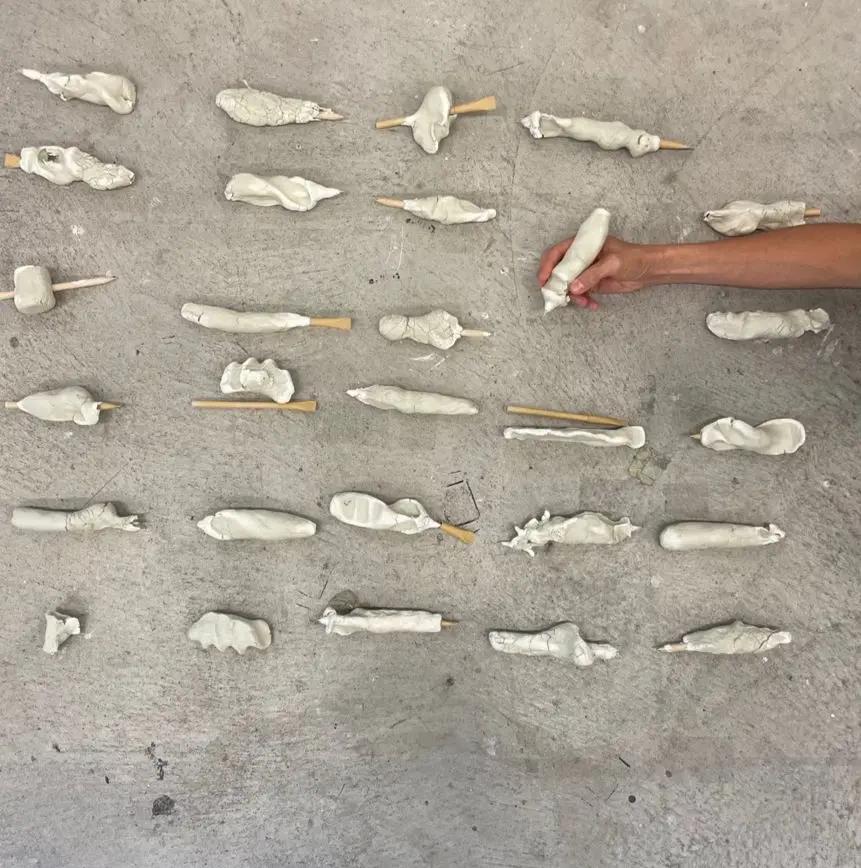You should try talking in my shoes for a mile — Sofia Vergara
Our research thinks translation as a method and radical practice of sharing which is political. We have the intention to generate an editorial platform for translating texts and other materials around decolonial theory. To undertake this task we should first of all decolonize translation. Our thesis is that there’s an unequal access and distribution of knowledge and translation is a way to act on those geopolitical forces. On the one hand, there’s texts in English that can’t be accessed by those who can’t speak in English and on the other, there’s a lack of decolonial texts translated to English. If we translate from English, then more people will have access, and if we translate into English, more people will have a voice. Further questions around decolonial thinking will be tackled—which impact on understandings of subjects and their voices. The project would allow us to inhabit the form/content of the text as a radical starting point, not an end.
Nevertheless, these translation practices are happening in non-art contexts. Anime fansub communities offer the paradigmatic example of how translation can be subversively activated and will therefore form the basis for our project. These practices have radically changed the way we relate to the traditional idea of translation by means of it taking place in a cybernetic world. Digisub practices leverage technological environments, ranging from file sharing in order to share raw content for translation and to distribute the finished product to chat rooms for discussion as well as multimedia authoring and subtitling tools. These “cultural remediators” embed themselves in the materiality of the content they translate.
